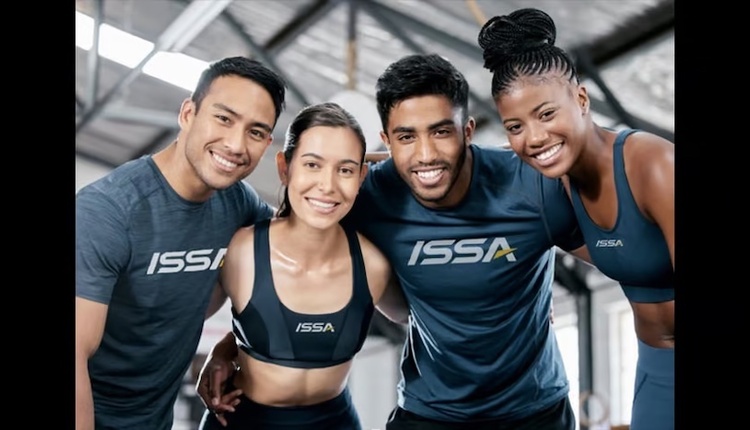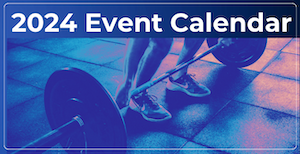Athletes, coaches, and sport scientists can abandon the trial-and-error method of developing tapering strategies. The first-ever book devoted to the subject, Tapering and Peaking for Optimal Performance (Human Kinetics, May 2009), explains current scientific data on tapering, physiological and psychological effects, and how these effects relate to athletic performance.
Author Iñigo Mujika, one of the foremost researchers on tapering in sport, shares various training models and real-world experiences. Mujika also offers advice from internationally celebrated instructors and trainers, including Bob Bowman, Michael Phelps' personal coach, who contributes his expertise on managing training time and intensity to ensure the best possible competitive performance.
Armed with the scientific and annecdotal information, coaches, athletes, and sport scientists can design optimal tapering plans specific to individual athletes and the competition. They can thus set realistic performance goals for competition and avoid negative outcomes associated with a deficient tapering program.
Tapering and Peaking for Optimal Performance offers tactics for individual endurance sports, power and sprint events, and precision sports, allowing for sport-specific approaches for swimmers, triathletes, cyclists, gymnasts, archers, golfers, and many others. Team sport strategies for field hockey, rugby, and water polo are also discussed, addressing the challenges and nuances of tapering and peaking as a team for both regular-season and tournament play.
For more information on Tapering and Peaking for Optimal Performance or other sport physiology books, contact Human Kinetics at 800.747.4457 or visit www.HumanKinetics.com.











